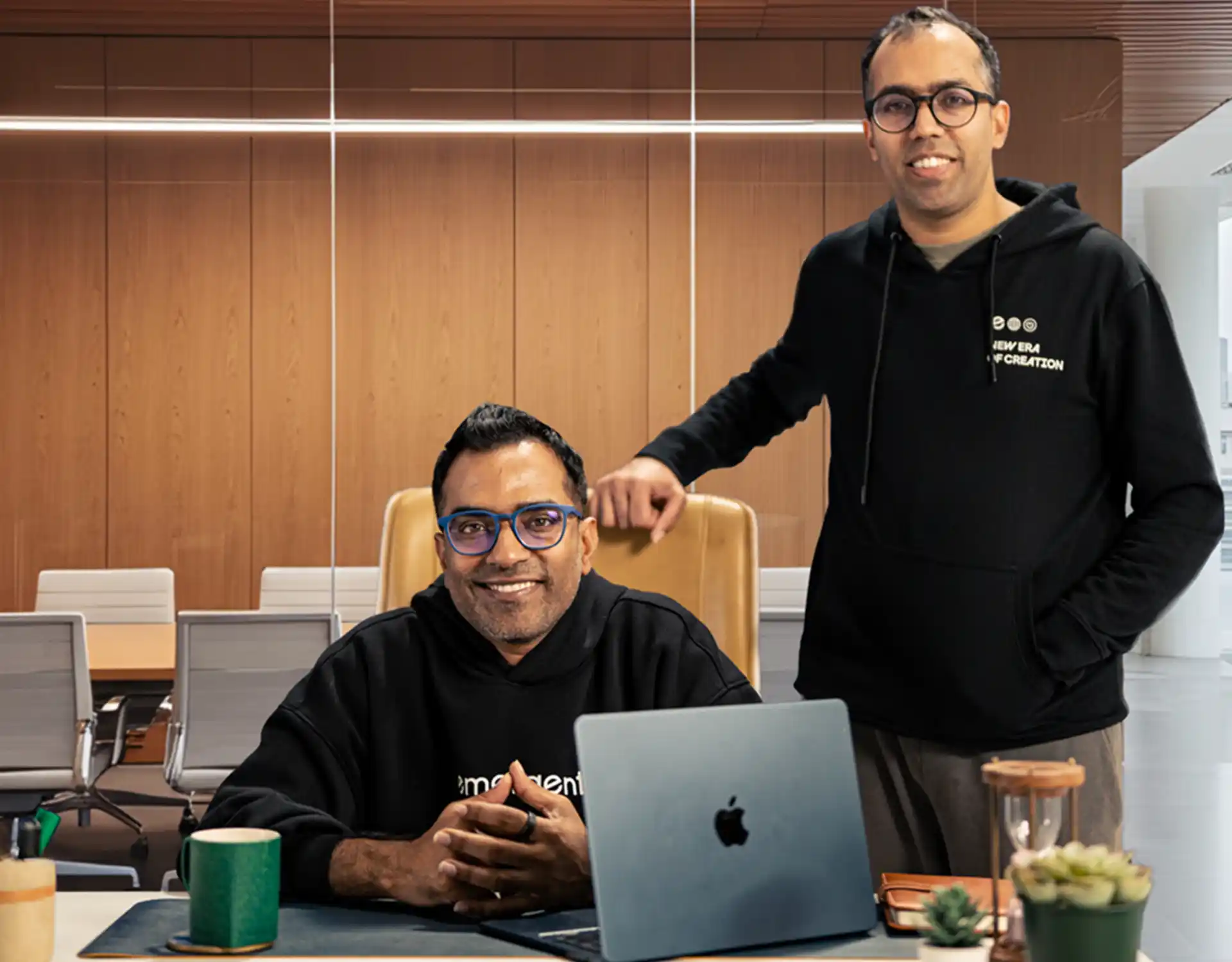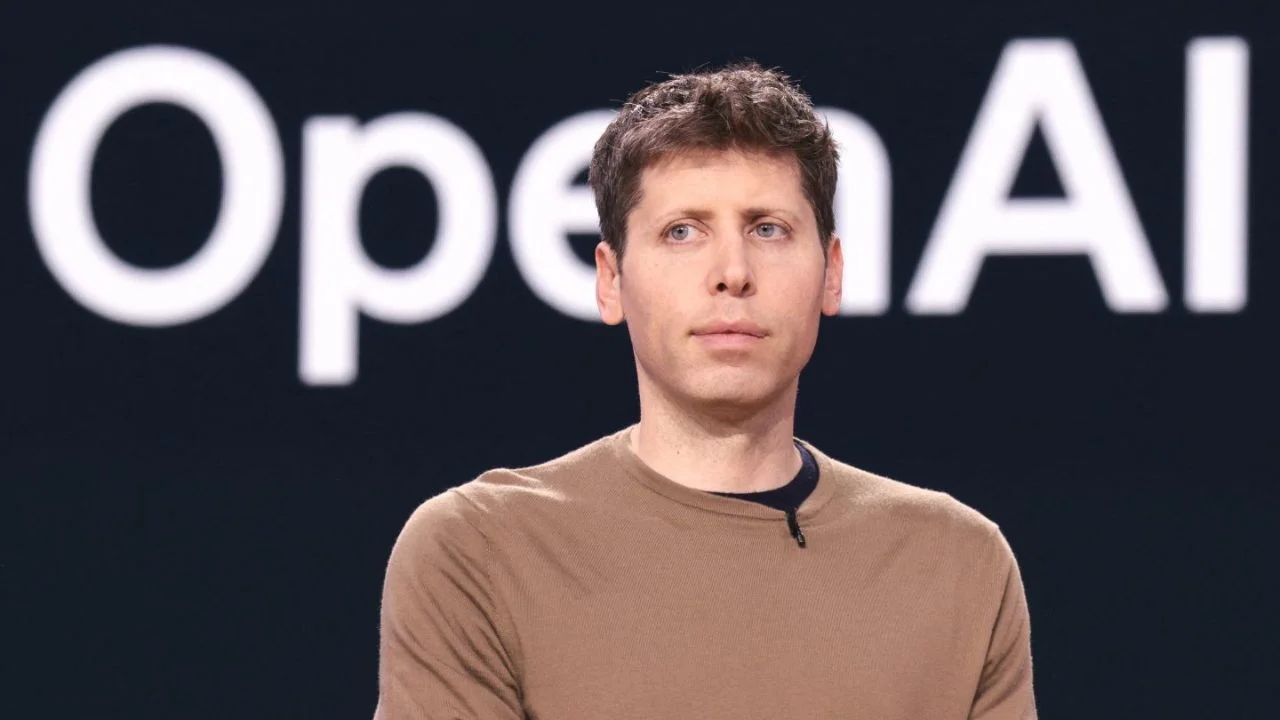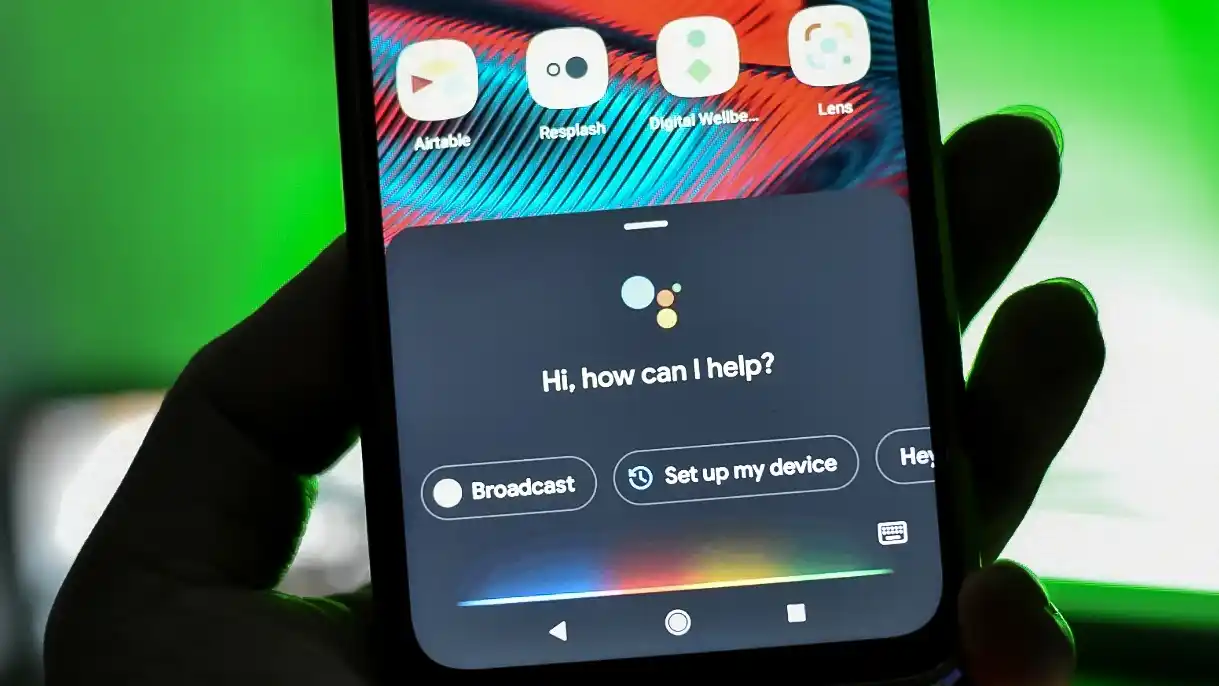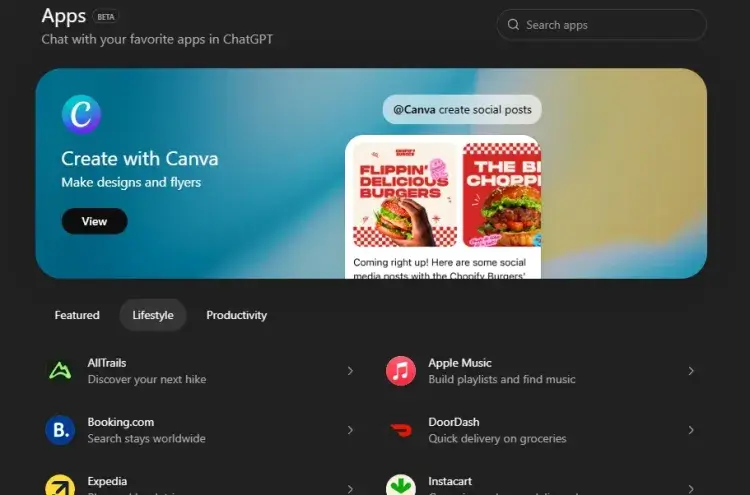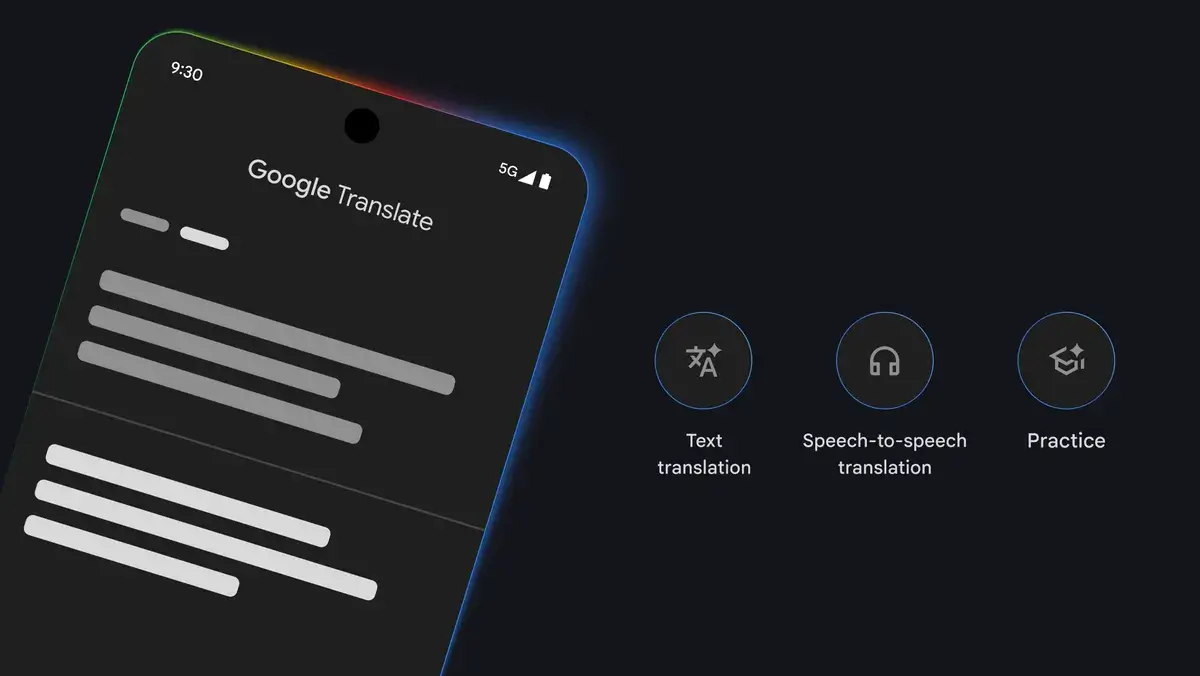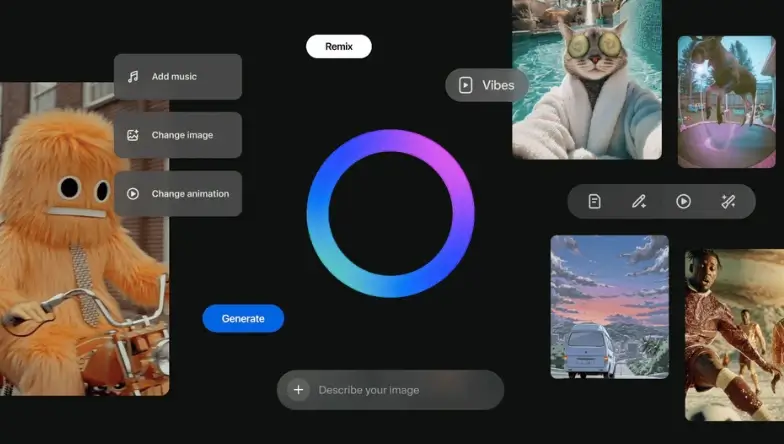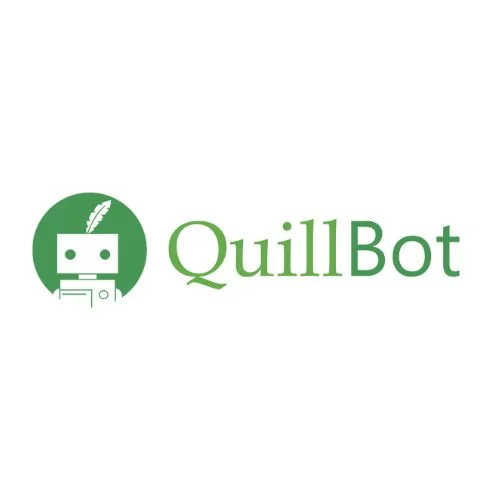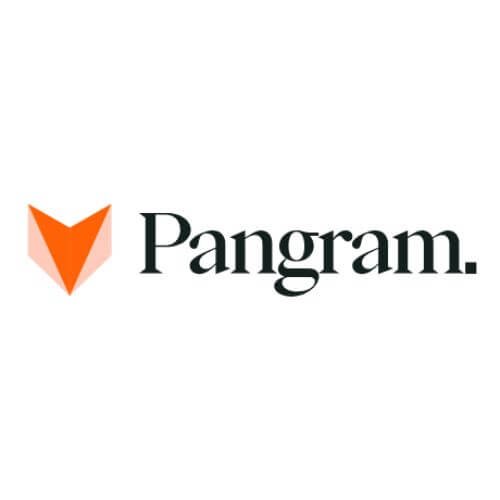Grammarly isn’t dead — it’s being reborn as Superhuman
Sometimes, endings are just clever beginnings.
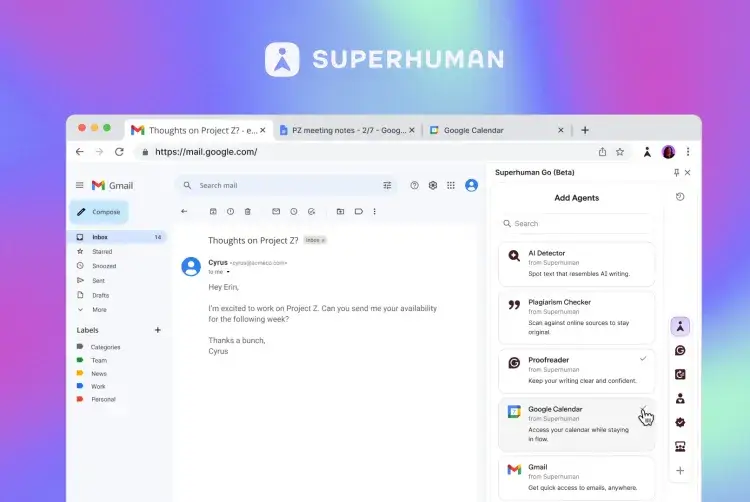
For years, Grammarly was the go-to tool for anyone polishing sentences or fixing grammar in real time. But the world changed when ChatGPT arrived — it didn’t just correct writing, it started creating it. Grammarly’s dominance began to fade as users turned to smarter assistants that could write, summarize, ideate, and even plan entire projects.
So, Grammarly did something few legacy AI tools have the courage to do: it evolved beyond its own name.
Starting this week, Grammarly is officially rebranding as “Superhuman.” And it’s not just a new name — it’s an entirely new ecosystem. The once standalone writing assistant is now part of a multi-tool AI productivity suite that includes Superhuman Mail, Coda, and a new AI companion called Superhuman Go.
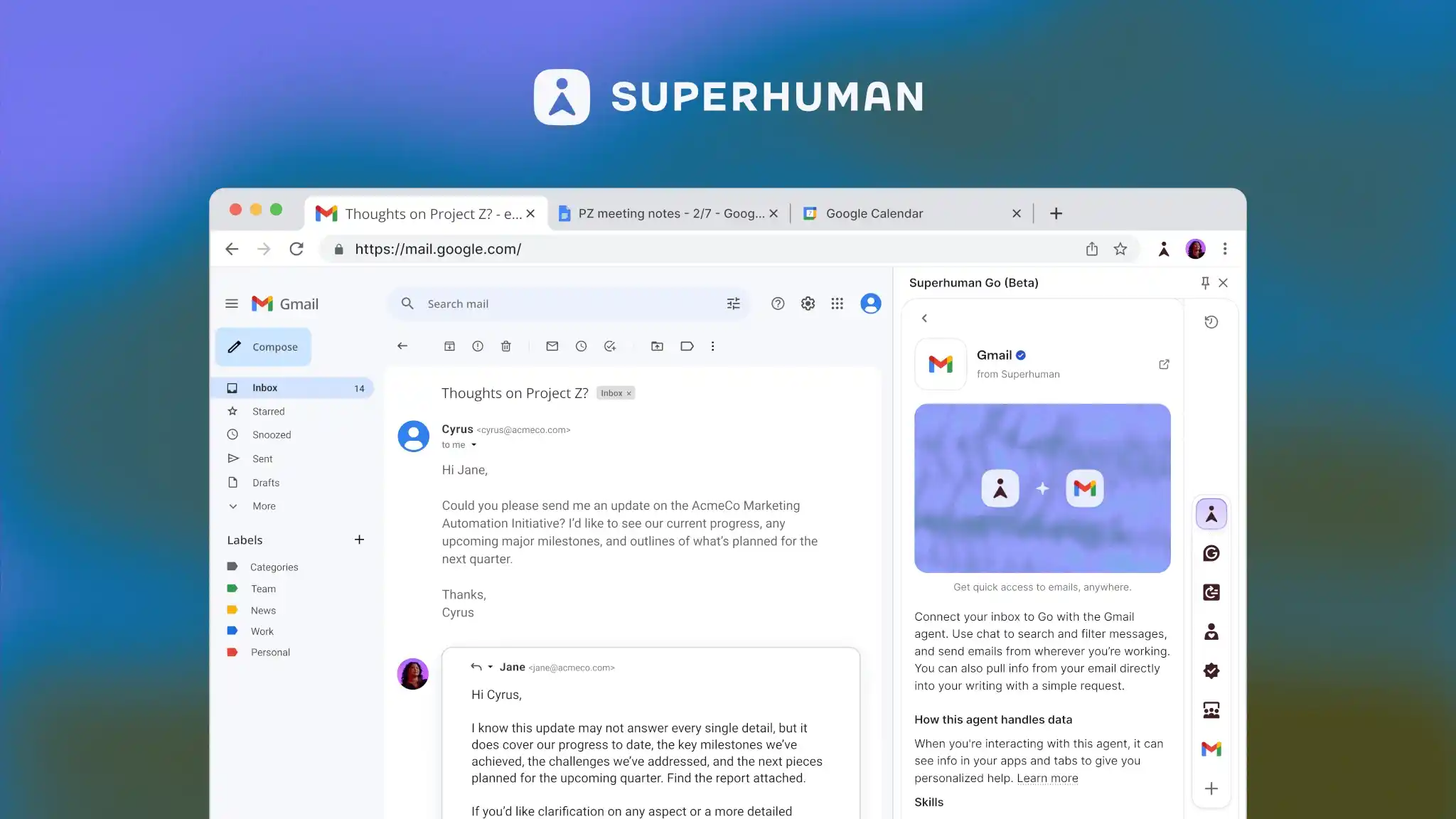
The rebrand reflects a bigger shift: Grammarly isn’t just about writing anymore — it’s about context, collaboration, and control.
In its new form, Superhuman is less a writing tool and more like an AI control center for your digital life. Picture this: a sidebar that connects with over 100+ apps, from Google Workspace to Notion to Microsoft Outlook, offering contextual help the moment you need it. Need to schedule a meeting, pull info from a CRM, or polish a pitch before sending it? Superhuman Go handles it inside your browser — no switching tabs, no wasted time.
And here’s the kicker — the Grammarly AI we all know still lives inside Superhuman, but now it’s one of many agents available in the Superhuman Agent Store. Think of it as a team of mini AI experts for different tasks. You can still get the familiar writing help, but you also get tools that understand your workflow, adapt to your tabs, and collaborate with your data in real time.
Noam Lovinsky, Superhuman’s Chief Product Officer, summed it up best:
“The Grammarly brand isn’t going anywhere — but it’s taking a backseat as Superhuman builds something much broader.”
And it’s working. The Superhuman Go UI feels familiar to long-time Grammarly users — sleek sidebar, intuitive prompts, and now the power to manage different AI agents. But beneath that familiar surface is a massive shift in direction: from a passive correction tool to a proactive work assistant.
It’s also worth noting that this pivot didn’t happen overnight. The foundation was laid last year when Grammarly acquired Coda, the collaborative workspace platform, followed by its acquisition of Superhuman Mail. Together, these tools now sit under one unified identity.
Superhuman Go is currently free for all Grammarly Pro users until February 2026, giving early adopters time to test what feels like the next stage of AI-assisted work. Pricing beyond that date remains under wraps — but the message is clear: Superhuman is betting on long-term integration, not quick gimmicks.
In short, Grammarly didn’t disappear — it expanded.
The new Superhuman feels like a signal of where productivity AI is heading next: assistants that understand your browser, your habits, and your workflow — not just your grammar.
And maybe that’s the real lesson here. AI tools that survive aren’t the ones that get everything right — they’re the ones that keep rewriting themselves before someone else does.
Curious? Try searching “Superhuman Go” or explore how it compares with other AI agents like ChatGPT, Claude, and Gemini. The productivity wars are heating up — and Superhuman just reentered the chat.
You may like recent updates...
Subscribe & Get Free Starter Pack
Subscribe and get 3 of our most templates and see the difference they make in your productivity.
Free Starter-Pack
Includes: Task Manager, Goal Tracker & AI Prompt Starter Pack
We respect your privacy. No spam, unsubscribe anytime.

